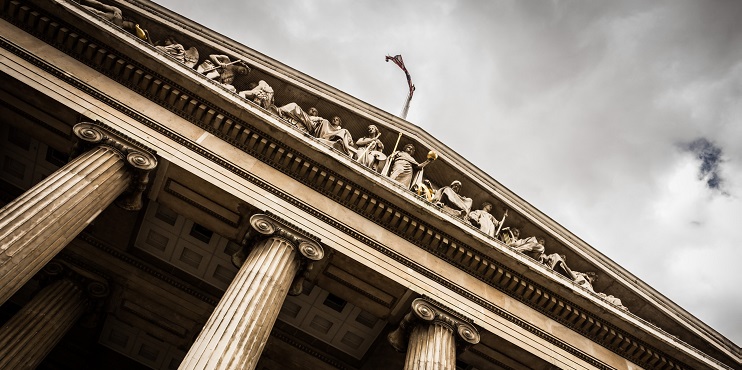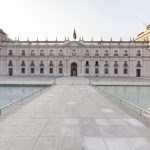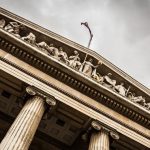- The constitutional proposal expressly recognizes copyright and certain related rights.
- For the first time since the 1833 Constitution, the protection of Industrial Property is not expressly recognized.
Proposal contained in the New Constitution Draft
The proposed new Constitution does not innovate in substantive matters in relation to copyright (although it does include some related rights), and expressly recognizes it, stating in this respect that “The Constitution ensures to all persons the protection of copyright over their intellectual, scientific and artistic works, including the moral and economic rights over them, in accordance with and for the period of time established by law, which shall not be less than the life of the author. Likewise, the Constitution ensures the protection of the rights of performers over their performances, in accordance with the law”.
This article contains the following elements:
1) It ensures that all persons have protection of their copyright in their intellectual, scientific and artistic works.
2) It ensures that all persons have protection of both their moral and economic rights in their works.
3) The period of protection shall be that established by law and may not be less than the life of the author.
4) It ensures the protection of performers’ rights in their performances.
With regards to Industrial Property, although the Constitutions of 1833, 1925 and 1980 expressly recognized it, the proposed new Constitution does not (understanding as such trademarks, industrial designs, industrial drawings, topographical circuits, geographical indications and patents of invention).
In summary, the proposed new Constitution only expressly recognizes some Intellectual Property rights, such as Copyright and some Related Rights, but does not expressly recognize Industrial Property, which is a rather unusual situation at a comparative level considering that there is a close relationship between Copyright and Industrial Property, given that all these rights are framed within the broad concept of Intellectual Property.
Without prejudice to the above, it is necessary to specify that both Copyright and Industrial Property do find legal protection in the article of the proposed new Constitution that establishes the recognition and protection of general property rights, which states that such protection covers “all types of property and all kinds of goods“.
Regulation of the current Constitution
The Constitution currently in force regulates Intellectual Property in article 19 numeral 25, which states:
The Constitution ensures to all persons…The freedom to create and disseminate the arts, as well as the copyright on their intellectual and artistic creations of any kind, for the time specified by law, which shall not be less than the life of the owner.
Copyright includes ownership of works and other rights, such as paternity, editing and integrity of the work, all in accordance with the law.
Industrial property is also guaranteed for patents, trademarks, models, technological processes or other similar creations, for the period of time established by law.
The provisions of the second, third, fourth and fifth subparagraphs of the preceding paragraph shall apply to the ownership of intellectual and artistic creations and to industrial property.
Concluding remarks
Independently of the proposed New Constitution Draft, it is necessary to point out that, although Industrial Property is not expressly recognized, it does find protection in the Industrial Property Law 19,039 together with its Regulations, as well as in a large number of Multilateral and Bilateral International Treaties signed by Chile.
Contact




